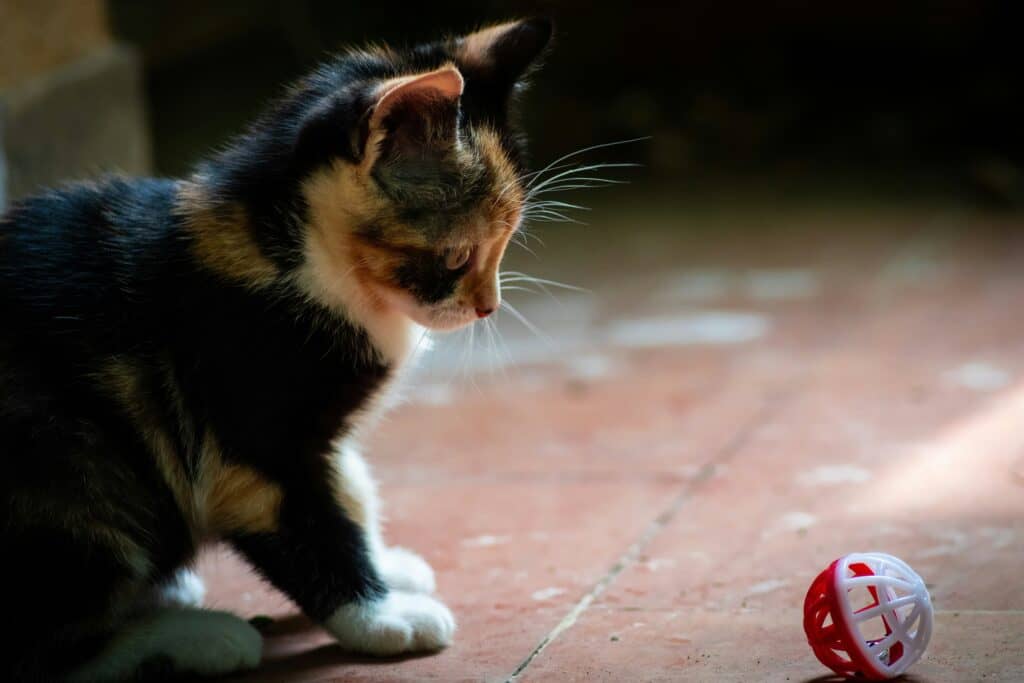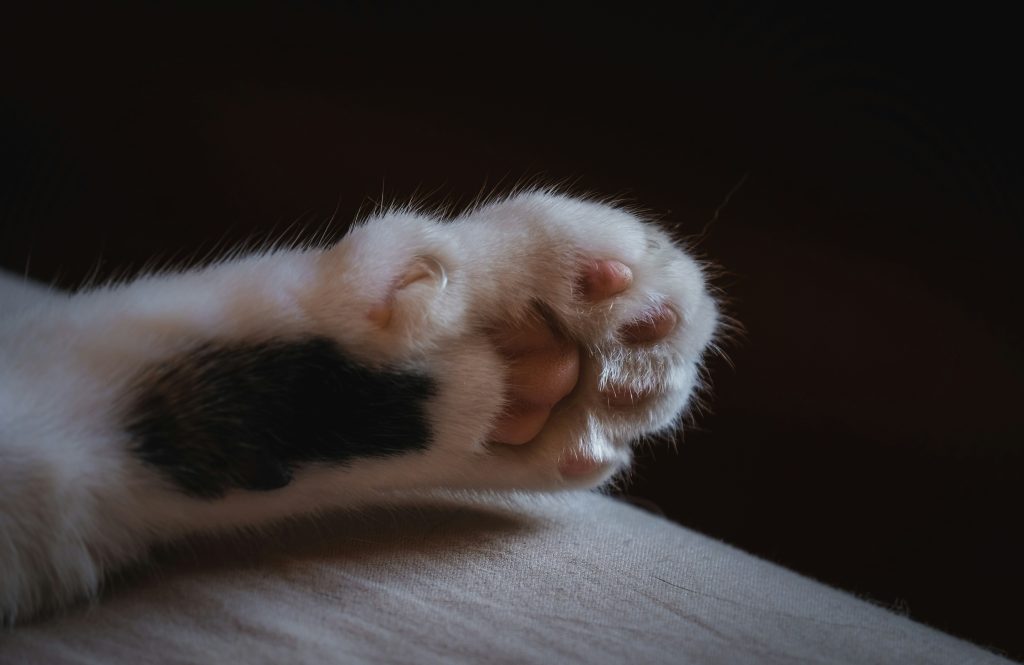6 tips for properly socializing your kitten
By Dorothée Pâris Pasturel • 13 February 2025
For your little companion to become a sociable and well-behaved adult, it is crucial to devote time to his socialization and education. Here are some tips for successfully completing this essential step.
1. Understand the kitten’s needs
Kittens learn the most between their 2nd and 9th week of life. This is when their brains are most receptive to new experiences. Although socialization begins in their birth environment, new owners play a crucial role from the moment they are adopted.
2. Initiate socialization
Expose your kitten to a variety of situations, sounds, and people so he can get used to them without stress. Here are some ideas:
- Human encounters: Invite friends and family members to interact with your kitten. Make sure these interactions are gentle and positive.
- Other animals: If you have other animals, plan for gradual and supervised encounters.
- Everyday noises: Introduce your kitten to common household noises, such as the vacuum cleaner, television, or doorbell.
3. Create a reassuring and enriching environment
Give him a dedicated space, with a comfortable bed, toys and a clean litter box. This place will become his refuge in case of stress.
Also, don’t hesitate to enrich his environment by offering him hiding places and high places like a cat tree.

4. Train your kitten
Like a dog, a cat can also learn things:
- Don’t scratch furniture: Provide scratching posts and encourage their use with treats, catnip or pheromones.
- Learn his name: Repeat his name in a soft voice and associate it with positive moments, such as petting or treats.
- Teach tricks like sit, high five or spin. It’s all about motivation! So choose a treat he loves and follow tutorials on the web.
5. Encourage play
Playing is a great way to strengthen your kitten’s bond while stimulating their physical and mental development. Use interactive toys, such as feather dusters or balls, to keep them from getting bored.
And above all, avoid playing with your hands or other parts of your body at all costs. Once he reaches adulthood, he could hurt you or others.

6. Avoid common mistakes
- Physical punishment: this method should be avoided for obvious reasons of respect but also to avoid future behavioral problems.
- Isolate the kitten: social interactions are essential for its development.
- Neglecting grooming: Get your kitten used to being handled for grooming purposes like brushing or nail clipping.
Socializing and training a kitten takes time and dedication, but the effort is worth it. A well-adjusted cat will be happier, more confident, and better able to live harmoniously with you and your family.





Leave a Reply